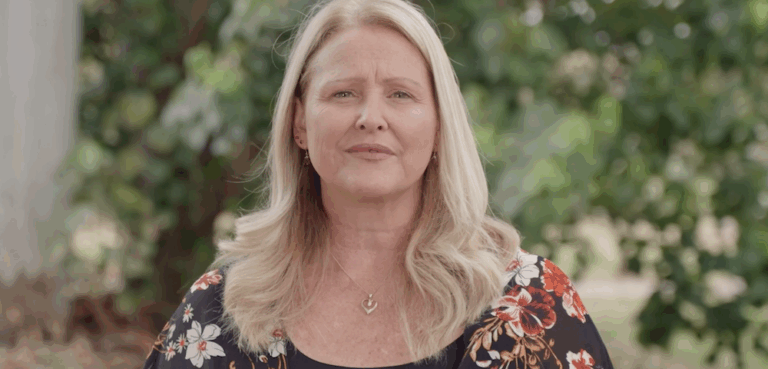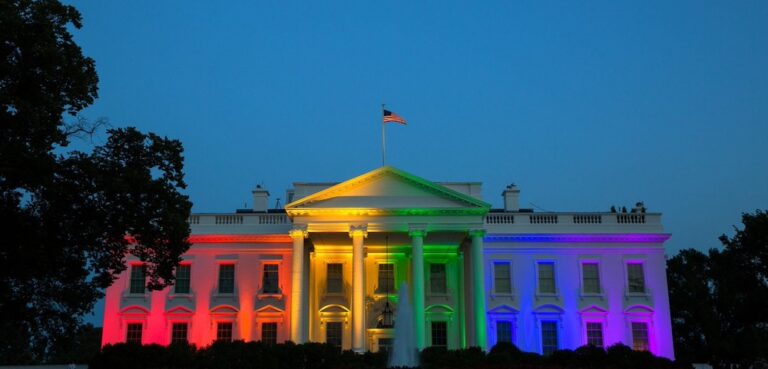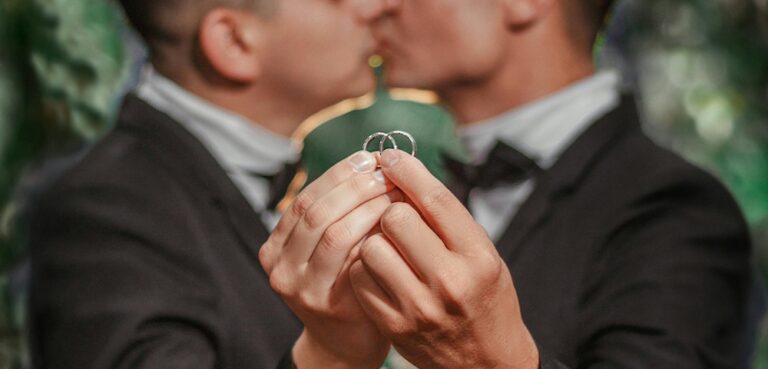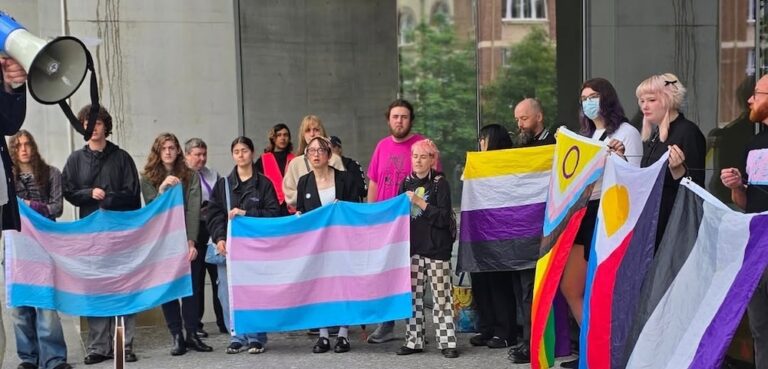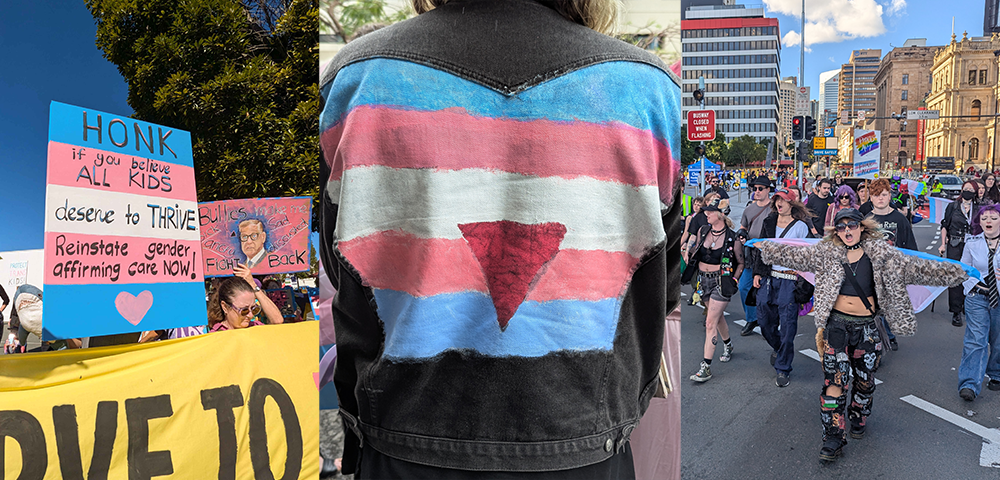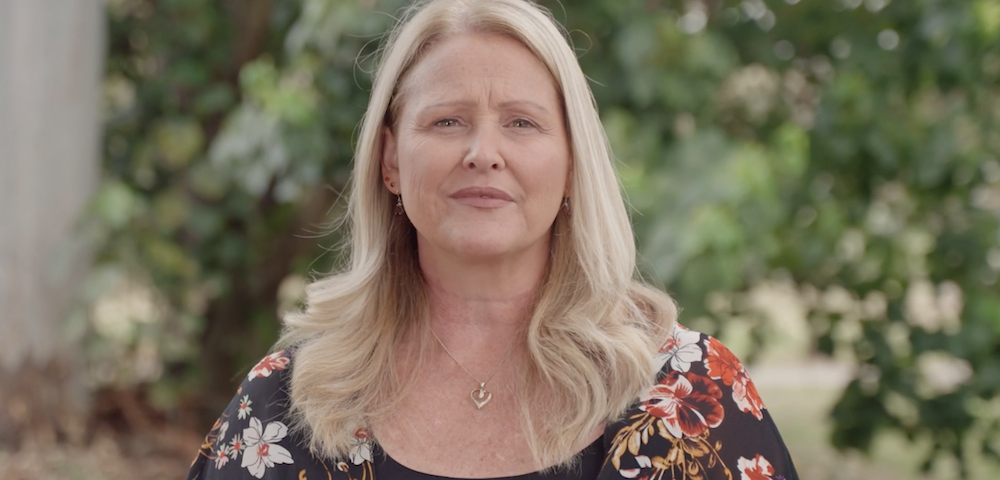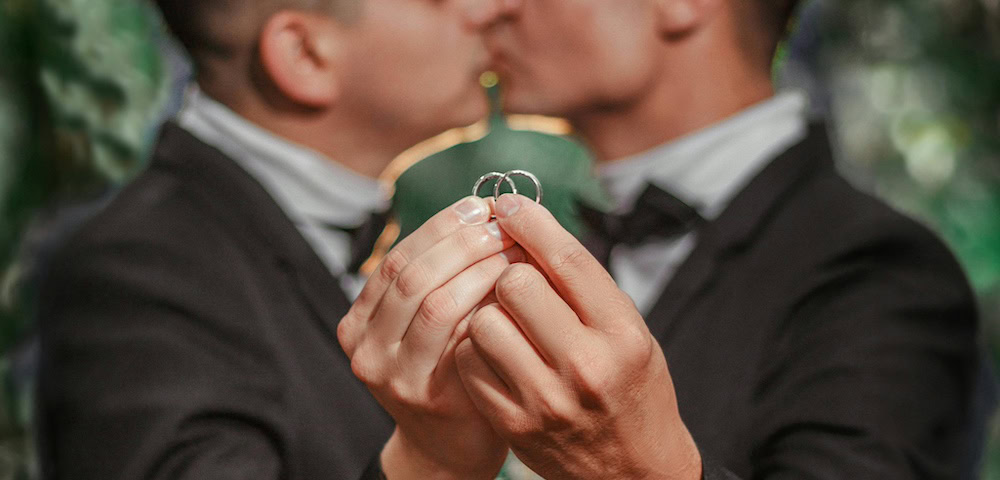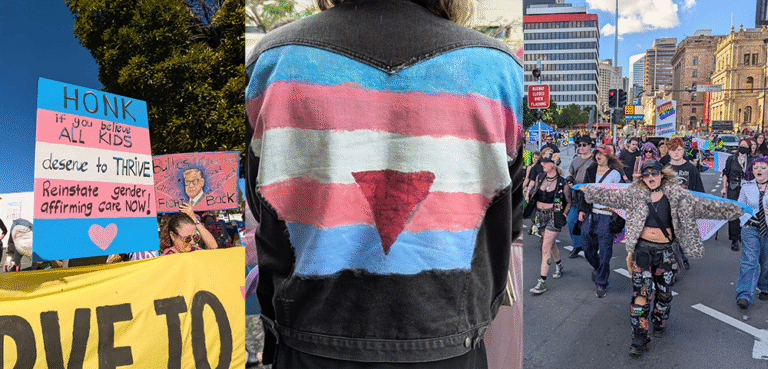
South Korea Supreme Court Hands Down Landmark Verdict For Same-Sex Couples

In a history-making decision, the South Korea Supreme Court has ruled in favour of same-sex couples, meaning that people with same-sex partners will receive the same health insurance benefits as heterosexual people.
The case that spurred the decision was a three-year legal battle started by a gay man named So Seong-wook.
He sued South Korea’s National Health Insurance Service (NHIS) after he was removed from his husband’s health insurance policy. NHIS told the couple that it had been a mistake to grant them coverage because they are a same-sex couple, and told them they had to pay back the benefits they had received.
Although same-sex marriage remains prohibited in South Korea, the Supreme Court decision represents a major milestone in the fight for LGBTQI+ couples to be recognised as legally equal to their heterosexual counterparts.
BREAKING: South Korea’s Supreme Court rules in favour of same-sex couple’s right to health insurance dependency benefits. The court found excluding same-sex partners violates the constitutional principle of equality, discriminating without reasonable justification. https://t.co/LY60uCQaVn
— Raphael Rashid (@koryodynasty) July 18, 2024
So Seong-wook’s battle for LGBT legal recognition
So Seong-wook and his partner Kim Yongmin married in an unofficial wedding ceremony in 2019, after which Kim added So to his policy as a spouse.
Eight months later, the NHIS removed So from the policy and said the couple must pay back the spousal benefits that they’d received.
Over the three years of the major legal battle, the case went through multiple courts in South Korea.
The Seoul Administrative Court sided with the NHIS in 2022, ruling that same-sex couples are not eligible for the same health insurance benefits as heterosexual couples.
This was overturned when So appealed the decision in the High Court in 2023. The NHIS then appealed the High Court’s decision in the Supreme Court.
In an unanimous verdict, the full bench of the Supreme Court stated that treating same-sex couples differently from heterosexual couples is an act of discrimination.
Advocates celebrate landmark decision for LGBTQI+ people in South Korea
After the Supreme Court had handed down the decision, So and Kim celebrated the victory.
“When I listened to the verdict, I was so moved that I couldn’t hold back my tears,” So said to reporters outside the courthouse.
“I couldn’t believe it when I heard the ruling. I was extremely happy and I started crying. It took four years to earn this dependent status,” said Kim.
“We hope that the sexual minorities can have equal access to the marriage system here,” So continued. “We also hope [the Supreme Court ruling] would work as a bridge towards achieving marriage equality.”
Once they had spoken to the press, So and Kim left the courthouse holding hands and both holding rainbow umbrellas, symbolising the LGBTQI+ community and rainbow families.
South Korea’s supreme court upheld a ruling that a same-sex partner was eligible for spousal benefits from state health insurance, a move hailed as a win for LGBTQ rights in a country that has lagged others in the region https://t.co/Gr4uZiyq6i pic.twitter.com/PBzvwzhNAJ
— Reuters (@Reuters) July 18, 2024
In a strong statement, Chief Justice Jo Hee-de declared, “Denying gay couples these benefits is an act of discrimination that violates human dignity and value, the right to pursue happiness, freedom of privacy, and the right to equality before the law. The degree of violation is serious.”
Boram Jang, a researcher for Amnesty International East Asia, released a statement celebrating the court verdict.
“Today’s ruling is a historic victory for equality and human rights in South Korea. The Court has taken a significant step towards dismantling systemic discrimination and ensuring inclusivity for all.
“While this decision is a major milestone, the case itself is a sobering reminder of the lengthy judicial processes that same-sex couples must endure to secure basic rights that should be universally guaranteed. It is disheartening that in 2024, same-sex couples still face such significant barriers to equality.
“South Korea should continue to embrace equality, diversity and inclusiveness to ensure that every LGBTI individual can enjoy equal access to healthcare and social security benefits in the country.
“Authorities must now take further steps to protect the rights of LGBTI individuals in South Korea by legalizing marriage equality and enacting a comprehensive anti-discrimination law. These measures are crucial to ensuring equality and dignity for all.”
This Supreme Court ruling marks a definitive victory for LGBTQI+ rights in the socially conservative country. According to a survey released last November, about 41 per cent of South Korean respondents support same-sex marriage.
